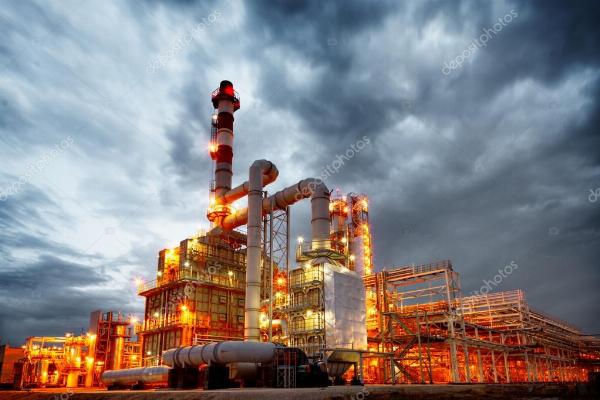The Evolving Oil and Gas Workforce: Essential Skills and Training for the Future

Strong 8k brings an ultra-HD IPTV experience to your living room and your pocket.
The oil and gas industry is undergoing a significant transformation driven by technological advancements, environmental concerns, and a shifting global energy landscape. This evolution is reshaping the workforce, necessitating new skills and advanced training programs to prepare employees for the future. This article explores the key trends affecting the oil and gas workforce, highlighting the essential skills and training needed to navigate the challenges and opportunities ahead.
Key Trends in the Oil and Gas Workforce
The oil and gas industry is increasingly dependent on digital technologies that are transforming traditional operations. Automation, artificial intelligence (AI), and big data analytics have become integral to exploration, production, and maintenance activities. Consequently, there is a growing demand for professionals proficient in these technologies. Data scientists, AI specialists, and automation engineers are now as vital to the industry as geologists and petroleum engineers once were.
Furthermore, the industry's shift towards sustainability and reducing carbon emissions is driving the demand for expertise in renewable energy integration and environmental management. Professionals knowledgeable in carbon capture and storage (CCS), renewable energy systems, and environmental science are becoming increasingly invaluable. This trend mirrors the broader energy transition, with oil and gas companies diversifying their portfolios to include greener energy sources.
Additionally, there is an increasing need for enhanced cybersecurity measures. As operations become more digitized, the industry is more vulnerable to cyber threats. Cybersecurity experts are crucial for safeguarding critical infrastructure and sensitive data from potential attacks. Consequently, there has been a surge in demand for professionals skilled in cybersecurity and information technology.
Skills for the Future
To excel in this evolving landscape, the oil and gas workforce needs to cultivate a diverse range of skills. Technical expertise in digital tools and platforms is crucial. Employees should be proficient in utilizing advanced software for tasks like data analysis, predictive maintenance, and managing automated control systems. Additionally, familiarity with AI and machine learning algorithms will be indispensable as these technologies become increasingly integrated into everyday operations.
Environmental literacy is another key skill. Understanding sustainable energy practices and environmental regulations is becoming more essential. Professionals must be capable of implementing and overseeing green technologies while ensuring compliance with rigorous environmental standards. Soft skills like problem-solving, adaptability, and a dedication to lifelong learning are just as crucial. Given the rapid pace of technological advancement, employees must be able to swiftly adapt to new tools and processes.
Training and Development Initiatives
To equip the workforce with these essential skills, oil and gas companies are heavily investing in comprehensive training and development initiatives. These initiatives often involve collaborations with educational institutions and technology providers to ensure access to cutting-edge knowledge and tools. Combining on-the-job training with formal education and certifications helps employees stay updated with the latest industry advancements.
Moreover, many companies are embracing online learning platforms to offer flexible and scalable training solutions. These platforms provide a wide array of courses, ranging from technical skills in AI and machine learning to modules covering environmental management and cybersecurity. This approach enables employees to learn at their own pace and immediately apply newfound knowledge to their roles. Additionally, mentorship and peer learning are employed as effective strategies for workforce development. Experienced professionals can impart their knowledge and insights to newer employees, fostering a culture of continuous improvement and innovation.
Conclusion
The oil and gas industry stands at a critical juncture, marked by technological advancements and a growing emphasis on sustainability that are reshaping workforce demands. To navigate this transition effectively, companies must prioritize equipping their employees with the requisite skills and knowledge. This entails fostering technical proficiency in digital tools, nurturing environmental awareness, and cultivating strong problem-solving capabilities. Through robust investments in training and development programs, the industry can ensure its workforce is well-prepared for the future, capable of propelling innovation and sustaining growth amidst a rapidly evolving energy landscape. As the industry progresses, it must continually adapt its approach to workforce development, embracing emerging trends and technologies to remain competitive and resilient. Exploring educational opportunities such as those offered by Oil and Gas Courses in Kochi can provide aspiring professionals with valuable insights and avenues for career advancement, facilitating their entry into this dynamic field.
Note: IndiBlogHub features both user-submitted and editorial content. We do not verify third-party contributions. Read our Disclaimer and Privacy Policyfor details.


